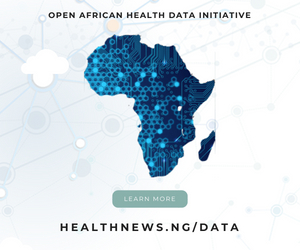The United States government has called attention to the rapid increase in life-threatening hunger in South Sudan. Citing a recent analysis by the Integrated Food-Security Phase Classification, the US government said it is gravely concerned by the worsening food-security situation in the Republic of South Sudan, and reiterates calls for the Government of South Sudan to take urgent action to enable the humanitarian community to scale up assistance quickly.
Recent analysis by the Integrated Food-Security Phase Classification(link is external) (IPC) indicates that life-threatening hunger is increasing rapidly in South Sudan. According to the IPC’s Famine Review Committee, tens of thousands of people are facing catastrophic conditions in six South Sudanese Counties. Worst of all, the IPC judges that “famine [is] likely” in Pibor County.
“While whole communities in South Sudan are suffering, hunger is affecting the most-vulnerable groups—especially children—most severely. More than 30 percent of children between the ages of six months and five years in Pibor County are suffering from acute malnutrition, double the level considered an emergency. Without immediate intervention, we risk losing a future generation,” US government said in a statement.
Describing the IPC’s process is the gold standard upon which the international humanitarian community relies to deliver evidence-based assistance, US said it is extremely concerned that the Government of South Sudan has not fully accepted the findings of this analysis.
“The political leaders of South Sudan must acknowledge the full extent of the food-insecurity and nutrition crisis in their country,” the US goverment stated.
It also urge the Government of South Sudan to ensure full, safe, and unhindered access for aid organizations to reach people in need, and to remove bureaucratic and logistical barriers to humanitarian partners.
“We ask the Government of South Sudan to ensure that attacks on aid workers cease, and that authorities fully investigate any that do happen. Finally, the Government of South Sudan must take swift measures to de-escalate the violence that is worsening this humanitarian crisis. The continuing fighting is hindering communities’ access to livelihoods, food, and other support, particularly in Western Pibor and the greater Tonj area.
“These actions are necessary to allow humanitarian donors and their implementing partners on the ground to coordinate a rapid scale-up of assistance, which can potentially save hundreds of thousands of lives.”
U.S. partners have a long history of delivering aid in Pibor County and the other affected areas. As the largest donor in South Sudan, the United States provided nearly $692 million in humanitarian assistance in Fiscal Year 2020 alone, including more than $425 million in emergency food and nutrition assistance from the U.S. Agency for International Development (USAID).
The U.S. government said it stands ready to scale up our assistance and support the people of South Sudan to respond to this crisis, it also enjoined other donors to increase their funding to alleviate the extraordinary needs identified by the IPC.
















